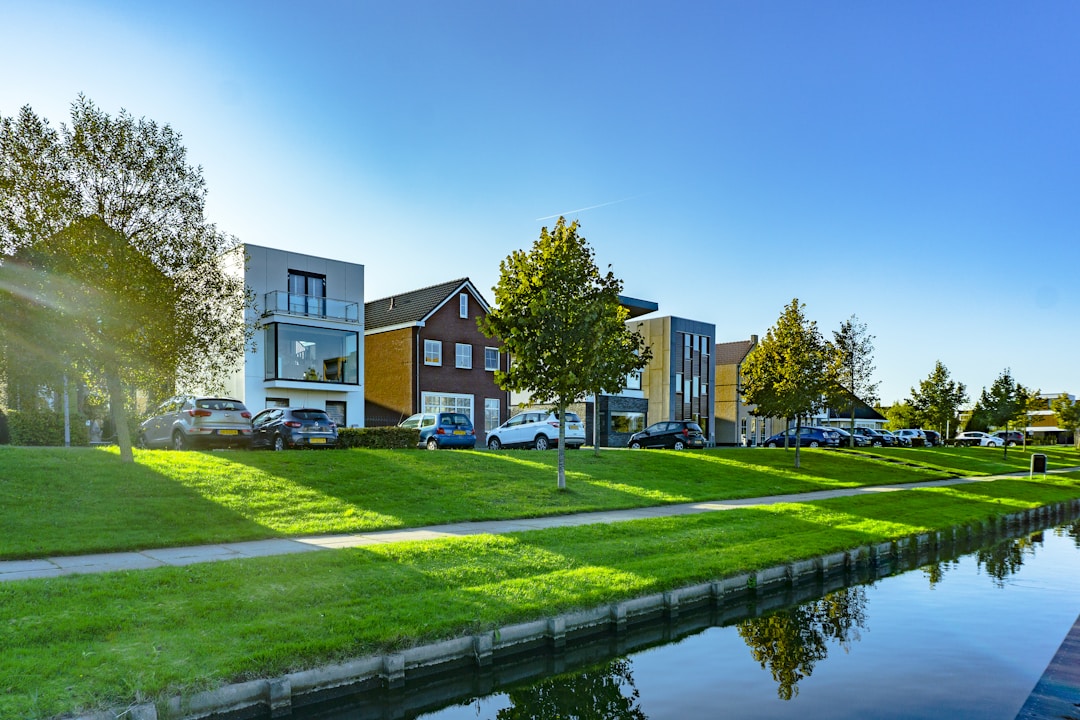The property development market is lucrative but highly competitive. Gaining a comparative advantage over the competition is the challenging part. Before making a move, you should first have a focused plan on how to build your portfolio. What’s more, as a business owner, it’s essential to keep your project realistic and within your scope. Learn how to become a successful property developer in five simple steps.
1. Look for properties with promising commercial potential.

The first and most crucial step in becoming a successful property developer is to learn how to identify properties with the most commercial potential. After purchasing the property, you’re expected to flip it and list it on the market for sale. When looking for a profitable development opportunity, consider areas with specific needs. For instance, it could be an industrial area where there’s a shortage of residential units.
A good rule of thumb is to prioritize development projects that give your target market what they want. Make sure you plan your development projects with your potential buyer or renter in mind. If you’re considering developing a luxury home community, for example, make sure every condo has state-of-the-art features befitting of a luxury home.
2. Provide coverage for your properties.
Going by expert recommendations, you must purchase coverage for your properties to mitigate vandalism and property damage. Nowadays, many property developers are opting for mixed-use building development. If you decide to build a mixed-use property, make sure the property has insurance coverage.
Finding a mixed-use insurance policy for your property can be daunting and complicated. Several insurance companies offer different mixed-use property insurance policies. However, the minimum coverage for a mixed-use building is liability insurance to mitigate third-party liabilities. In addition to covering medical treatment and repair costs, liability insurance also covers any lawsuit that may arise due to at-fault liabilities. The trick is in getting comprehensive coverage that adequately protects the property insured.
3. Keep up with market trends.

If you’re serious about becoming a successful property developer, you have to keep up with the latest market trends. Today, every landlord wants to own a mixed-use building or lavish multi-level building. This type of property includes both residential and commercial construction.
As the property owner, the upside is that it boosts your revenue stream. Find a reputable builder that can renovate vacant buildings into lavish multi-level buildings. The key takeaway here is that you should prioritize development projects in high demand at the moment.
4. Try to secure adequate financing.
Having a feasible development plan is one thing; financing it is another. Securing the funding that covers the development costs is critical to the success of the project. No doubt, real estate investing requires a considerable amount of capital. What’s more, the cost of development depends on the type of property you want to build.
Unless your savings can fund development costs, you may need to find outside financing like a property development loan. Regardless of the type of loan, you’ll need to provide your credit history or collateral. Some lenders, especially banks, may ask you to front about 15-20% of the total estimated development cost.
Before you approach a lender for a loan, make sure you set a realistic financial limit to guide your expenditure. Responsible investing is one of the vital tips for becoming a successful property developer. Your budget will depend on location, economy, and the estimated value of the completed property.
5. Prioritize up-and-coming locations.

The mistake most new property developers make is that they invest in areas with less opportunity for growth. Consider properties located in up-and-coming neighborhoods that show significant signs of expansion. That way, you get to buy the properties at a low rate and resell them at a premium.
Watch out for locations close to prominent establishments that tend to attract potential buyers, such as retail stores, pool areas, and community centers. The bottom line is that an already thriving location has little room for expansion, making it an unrealistic investment.





